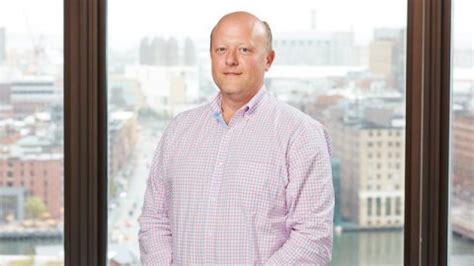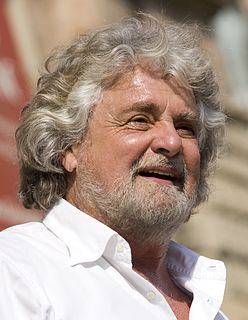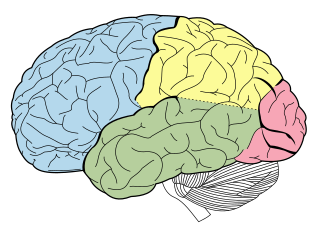A Quote by Peter Drucker
Top management as a function and as a structure was first developed by Georg von Siemens (1839-1901) in Germany between 1870 and 1880, when he designed and built the Deutsche Bank and made it, within a very few years, into continental Europe's leading and most dynamic financial institution.
Related Quotes
Italy is the fourth-largest economy in Europe and the eighth-largest economy in the world, and its banking system is collapsing. And Germany is desperate. It must maintain its standard of living. It can only do that with exports and Deutsche Bank is very exposed to Italian debt. But so is the rest of Europe.
John von Neumann gave me an interesting idea: that you don't have to be responsible for the world that you're in. So I have developed a very powerful sense of social irresponsibility as a result of von Neumann's advice. It's made me a very happy man ever since. But it was von Neumann who put the seed in that grew into my active irresponsibility!
What's the best gamble in the world, right now? Its betting that Deutsche Bank stock is going to go down. Short sellers borrowed money from their banks to place bets that Deutsche Bank stock is going to go down. Now, it's wringing its hands and saying, "Oh the speculators are killing us." But it's Deutsche Bank and the other banks that are providing the money to the speculators to bet on credit.
Luxembourg was and still is today a crossroads, the place where Germany meets the rest of Europe. The country lost part of its territory to Belgium in the 1800s, and during World Wars I and II the German military overran it. Very few people have visited Luxembourg - when I went there and looked at it, I said, my God, it's built on a rock. And within the rock they had a castle, and within the city there's a network of tunnels so the residents could move around and defend themselves. That was of great interest to me.
I don't want to pick on Deutsche Bank, but I think the world of the regulated financial conglomerate, it is a strange thing. There is nothing in common between writing checks and running branch offices, issuing credit cards - those are good businesses, but they really have zero in common with M&A advice. They're a different customer.
JPMorgan was already, for the most part. Our businesses at JPMorgan share the same cash-management systems. The commercial bank, the private bank, the retail bank, they all use the branches. The cash-management system moves the money around the world - for global corporations, and for you, the consumer, too.
For society to function some kind of reasonable balance has to be stuck between the competing interests of creditors and debtors. Although the mandate of the Bank of Canada was to maintain a delicate balance between encouraging growth and fighting inflation, the Bank opted to focus exclusively on fighting inflation. In doing so it came down heavily in favour of those with financial assets to protect, and against those whose primary need was employment.



































